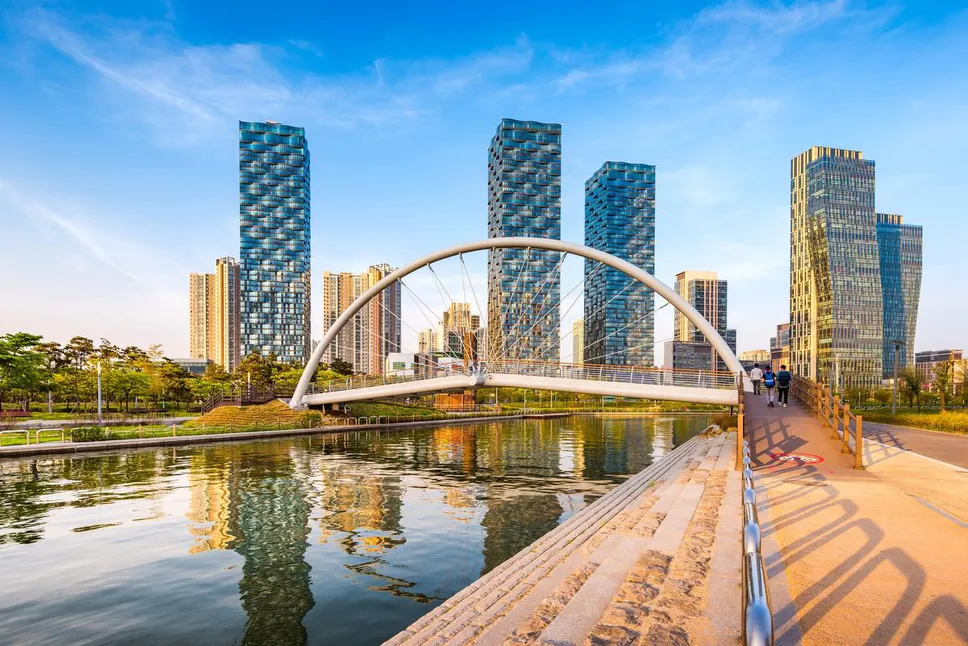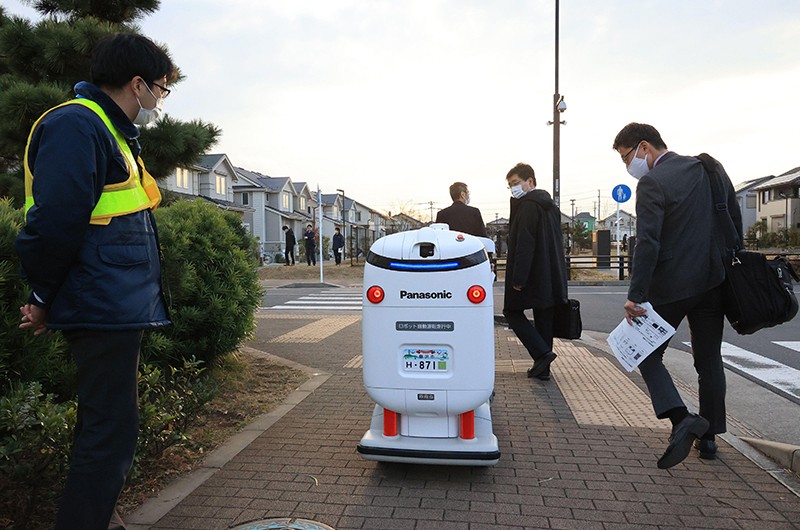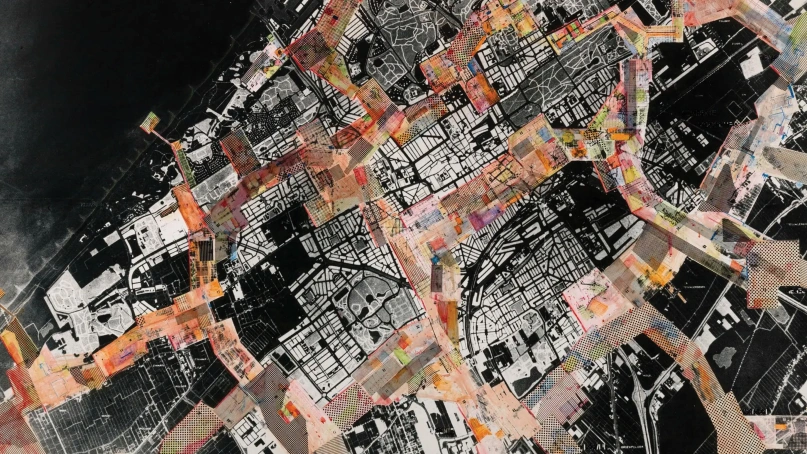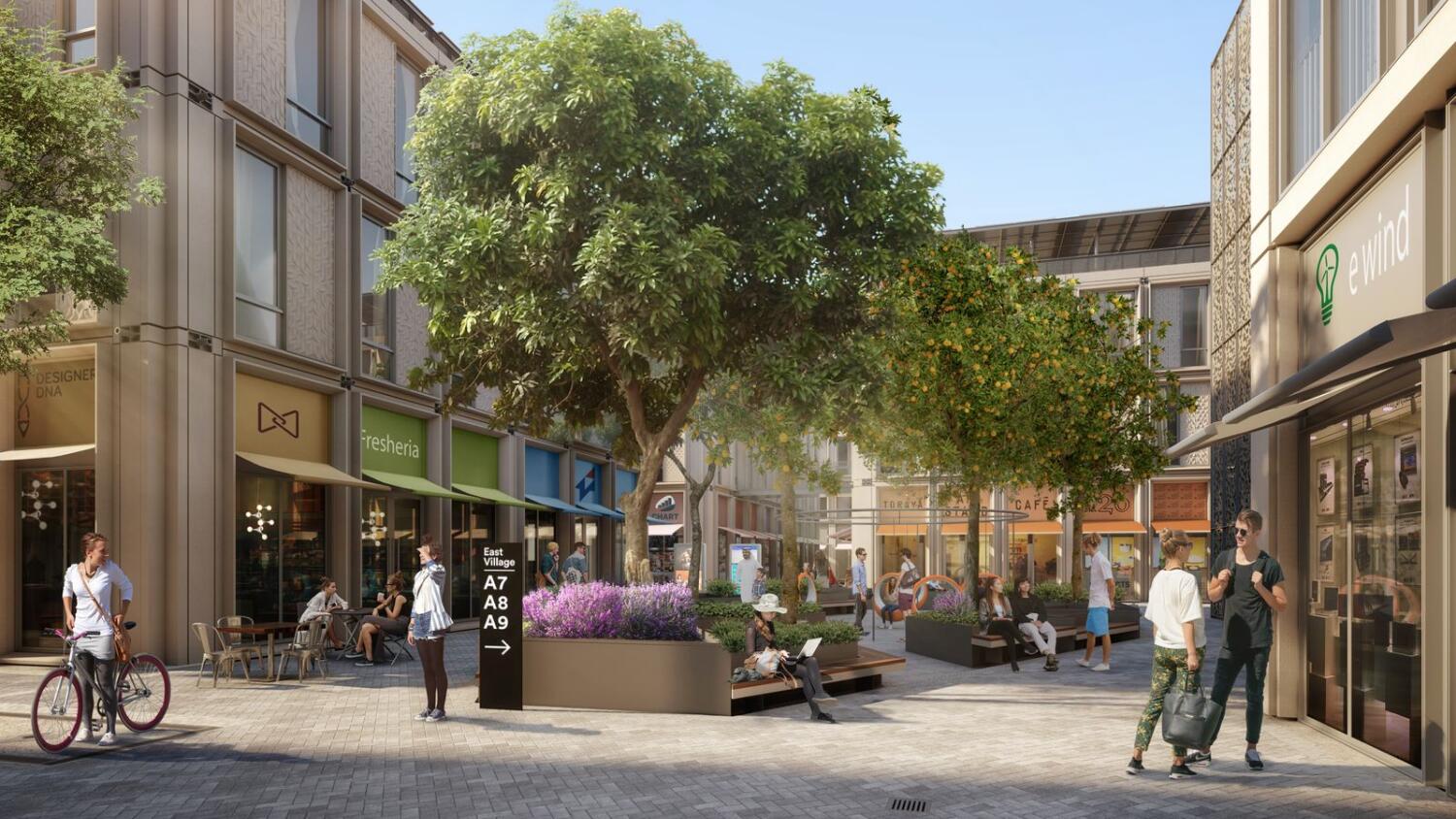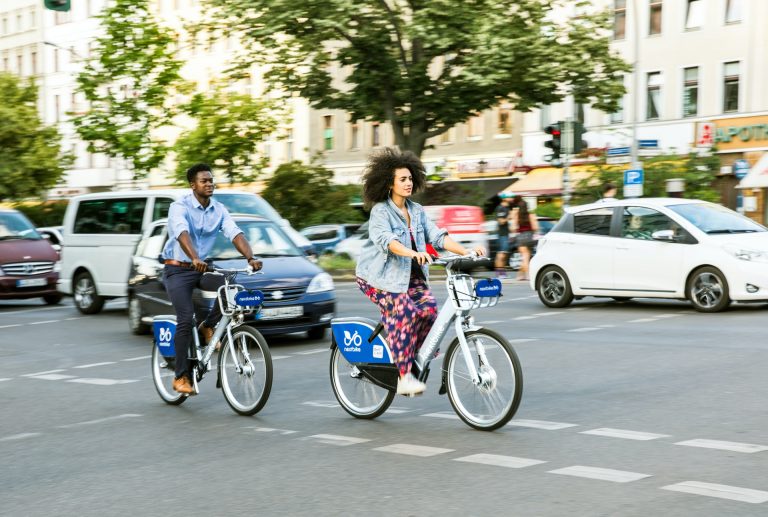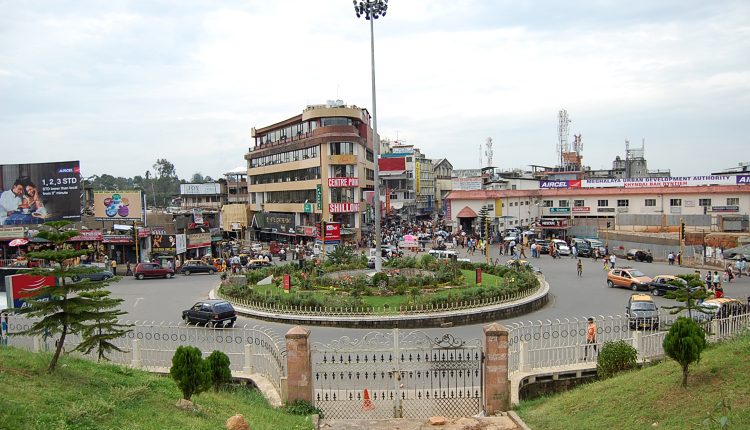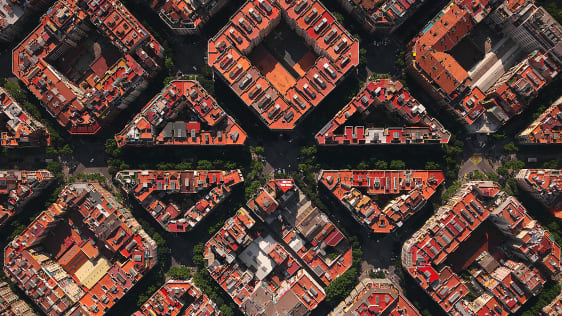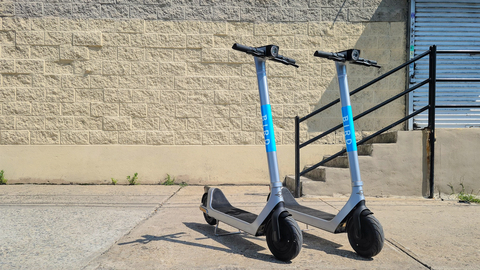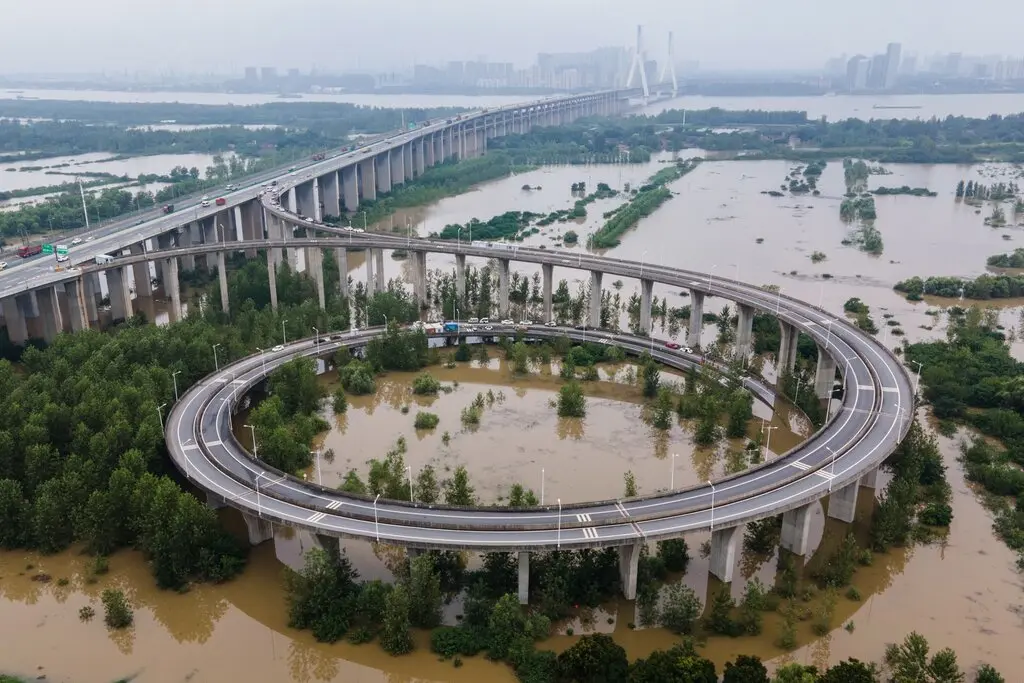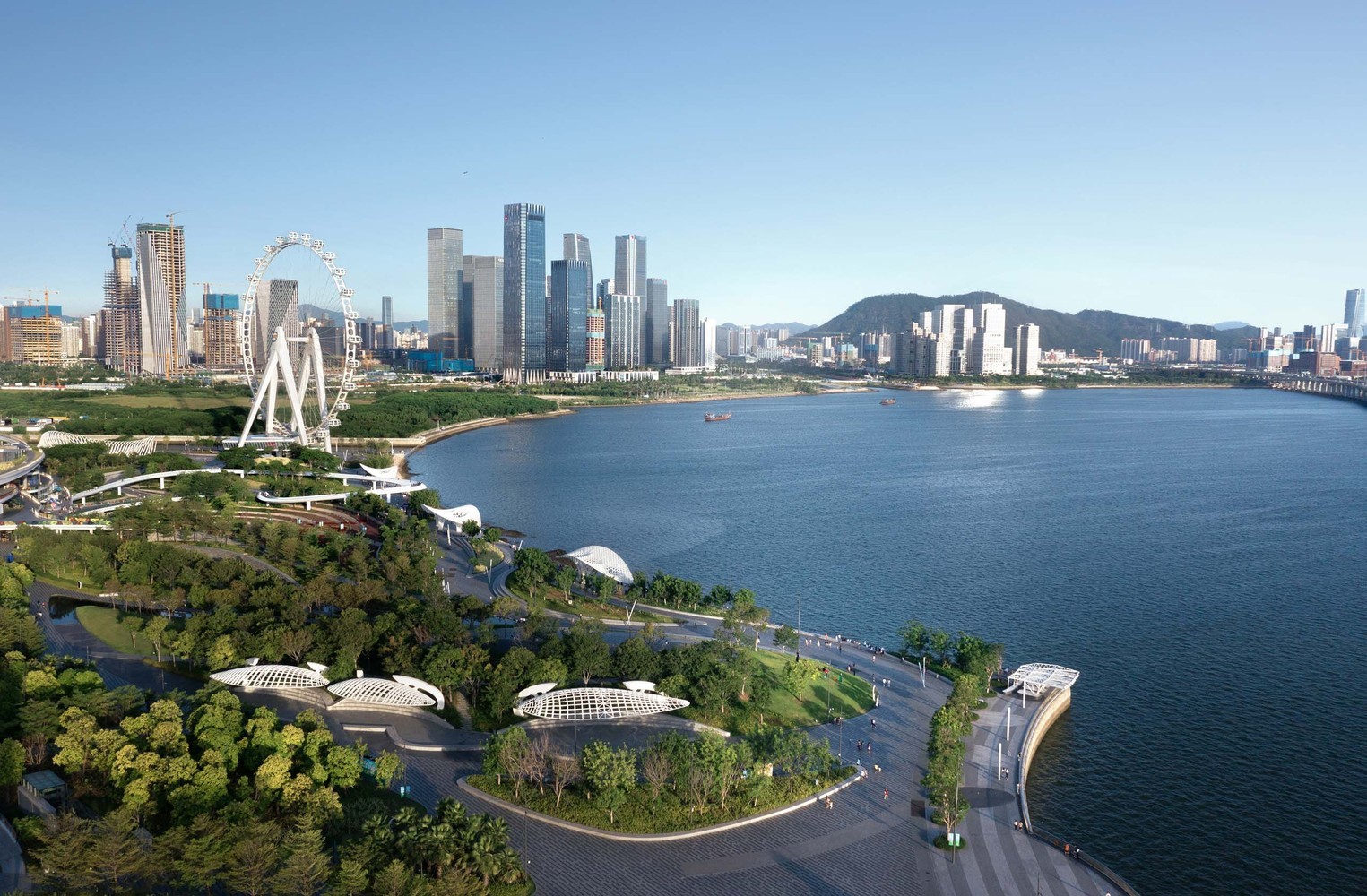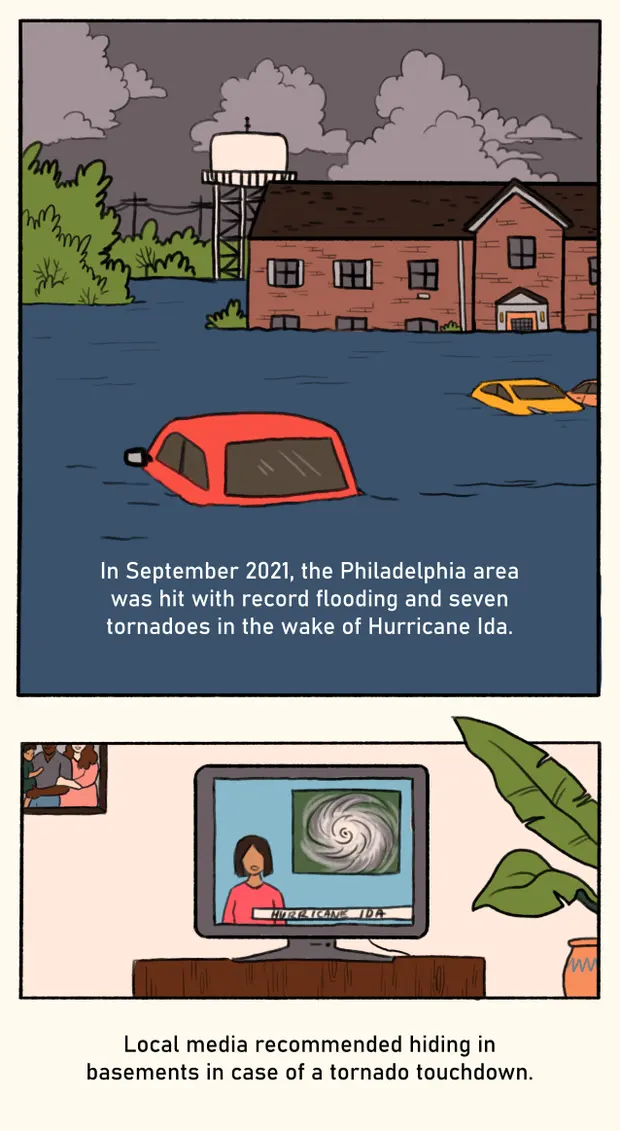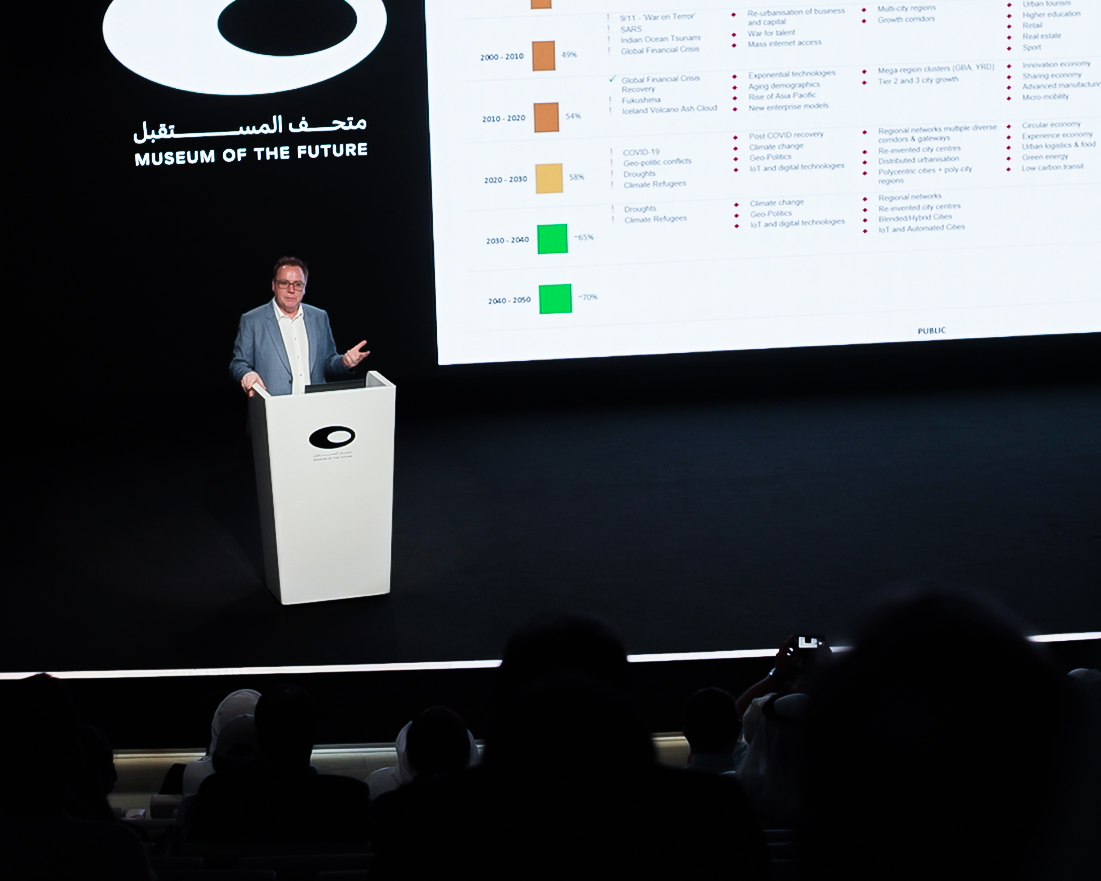
We have been hearing about ‘smart cities’ since the late 1960s. In the last decade various attempts have been made to better define the term, and in the last five years in particular, cities worldwide have been assessed, listed and awarded in a range of rankings that tried to show their technological advances and, consequently, to quantify improvement in the quality of life of their people. This was all theoretically interesting, and often romanticised, even utopian, but there was always doubt, confusion and uncertainty about what ‘smart’ really meant.
When 2020 and the pandemic arrived, it became clear that cities were not as smart or resilient as we wanted to believe. This trigger resurfaced some of the most recurrent questions among scholars of the smart city concept, and reignited the most sceptical critics: “Smart Cities are dead”; “It was just a fad”; “It was all just marketing”; “The Emperor has no clothes!” and so on.
+INFO: Cities Today
+IMATGES: Cities Today




